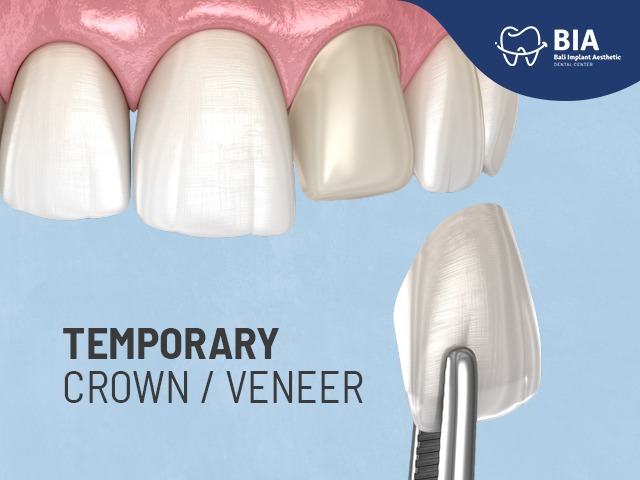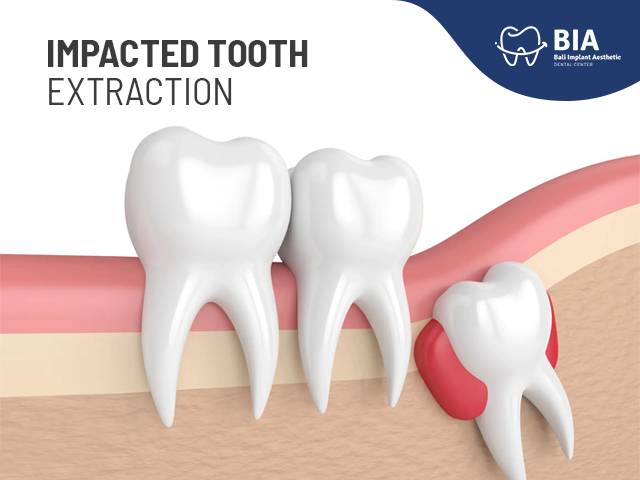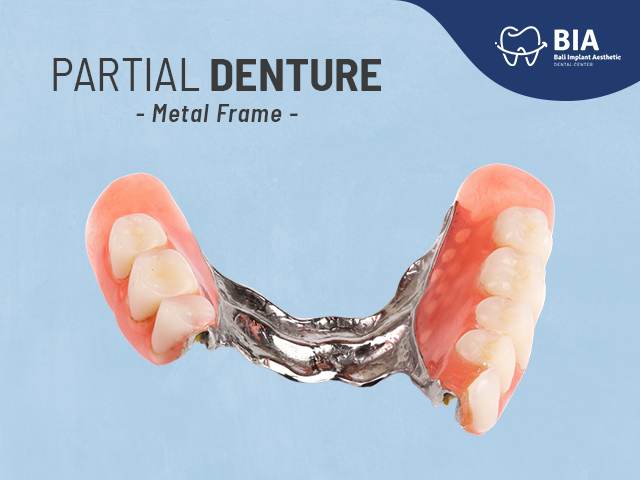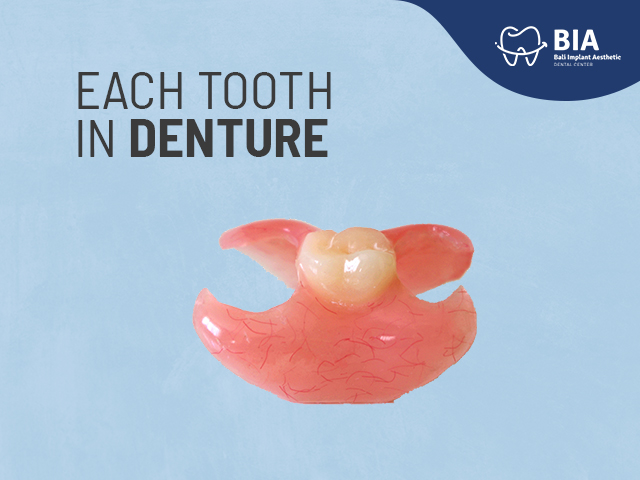Maintaining Healthy Teeth and Mouth During Pregnancy
Article | 2020-07-20 02:58:27
Home » Articles » Maintaining Healthy Teeth and Mouth During Pregnancy
Maintaining Healthy Teeth and Mouth During Pregnancy
Oral health is an important part of overall health, as well as during pregnancy. Pay attention to oral hygiene and eating habits so that oral health is always maintained. The dentist will also help you take care of your teeth and gums during this pregnancy.
Practice Good Oral Hygiene
Your daily dental and oral care is the most important part in maintaining oral health. Here are tips for getting into good oral hygiene routines:
1. Brush your teeth twice a day with a soft bristled toothbrush and fluoride-containing toothpaste. The size and shape of your brush must fit your mouth to make it possible to reach all areas easily.
2. Replace your toothbrush every three or four months or if the fur has been damaged. Broken toothbrush will not be able to clean your teeth properly and can actually irritate your gums.
3. Clean the gap between your teeth with a thread or interdental cleaner every day. This helps remove the thin layer of bacteria (plaque) that forms on teeth and food particles from between the teeth and below the gum line.
4. Eat healthy foods consisting of various foods from the following groups: whole grains, vegetables, fruits, dairy products, protein, and fats or oils. Try to limit your snacks. Every time you eat foods or drinks that contain sugar, bacteria in your mouth release acids that can damage your teeth, thereby increasing the risk of cavities.
Visit Your Dentist
If your last dental visit occurred more than six months ago, or if you have oral health problems, schedule an appointment with your dentist immediately. Your dentist can examine the oral cavity for problems such as tooth decay, swelling or bleeding gums and damage elsewhere in the mouth, as well as signs of infection or trauma. As part of a complete examination, your dentist may need to take radiographs (x-rays). Oral health care, including the use of x-rays, painkillers and local anesthesia, is safe during pregnancy.
Even though the radiation from dental x-rays is very low, your dentist will protect you with a lead protector to protect your stomach and thyroid.
Some special oral health problems also arise during pregnancy that may require professional care. For example, hormonal changes can affect your gums, cause swelling or pain when pressed. Your gums may also bleed a little when you brush or use dental floss. This condition is called gingivitis. Gum tissue itself can also arise one or more red bumps that usually have a bumpy texture. This is called a "pregnancy tumor" but is not related to cancer.
These lumps usually disappear after the baby is born. However, because its presence can interfere with eating and toothbrushes, your dentist may suggest to cure it.
To provide the best care, your dentist will need some information about your overall health and your pregnancy. So answer these questions:
1. How many weeks are you pregnant? When is your baby's expected birth day?
2. Do you use over-the-counter medicines or prescriptions that you use?
3. Do you have swollen or bleeding gums, toothache, eating or chewing food problems, or other problems in your mouth?
Make a commitment to good oral health during pregnancy by carrying out good daily oral hygiene procedures, engaging in healthy eating habits and making regular visits to your dentist.
Always consult your dental and oral health problems with the best dentists and dental clinics in Bali.
BIA Dental Center
Jl. Sunset Road No.86A, Seminyak, Badung, Bali Indonesia 80361.
+6282139396161
Source:
https://www.ada.org/
Oral Health Care During Pregnancy Expert Workgroup. 2012. Oral Health Care During Pregnancy: A National Consensus Statement—Summary of an Expert Workgroup Meeting. Washington: National Maternal and Child Oral Health Resource Center, Georgetown University. www.cdph.ca.gov/programs/MCAHOralHealth/ Documents/MCAH-OHP-OralHealthPregnancyConsensus2011.pdf. Accessed Oct. 1, 2013.




